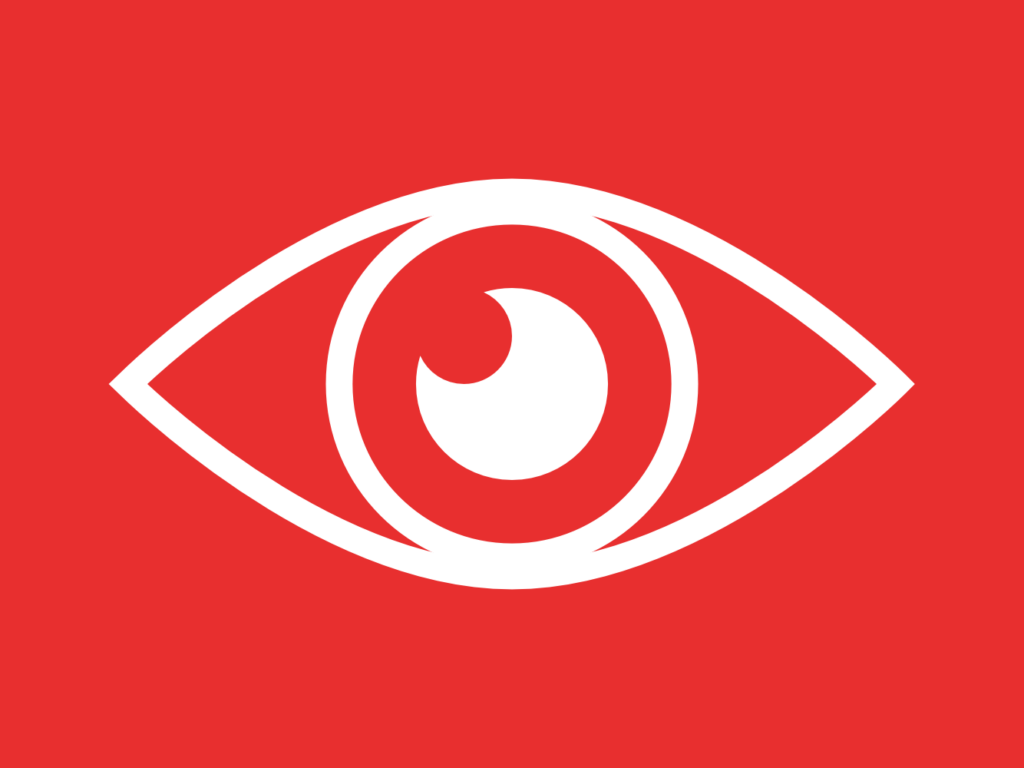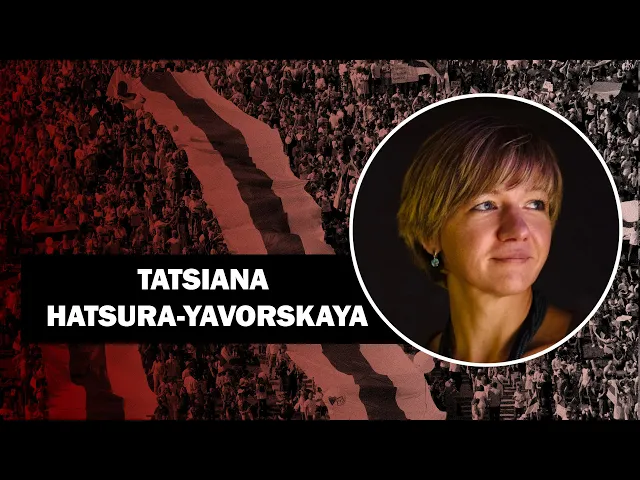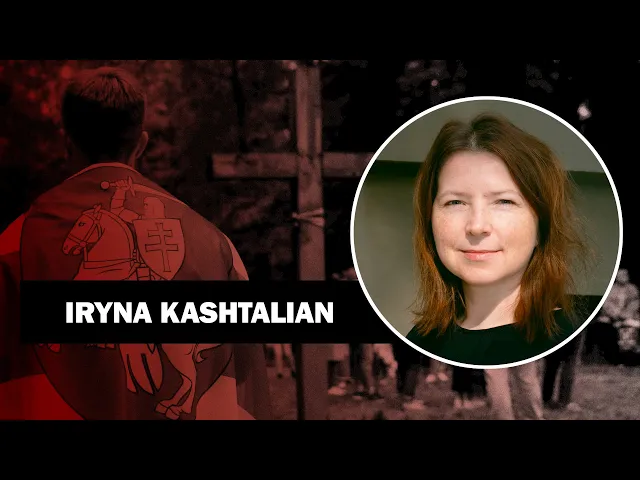Monitoring Belarus December 2022
The security forces continue to exert pressure on the relatives of Belarusians fighting on the side of Ukraine. The officers of GUBAZiK ransacked the apartment of a killed soldier’s mother.
Social scientust, Dr. habil. Aksana Shelest was arrested for 15 days. Shelest is the author of the Voice of the Street research project, which studied the 2020 protests in Belarus.
Political prisoner Halina Dzerbysh, who is disabled and has cancer, has not been receiving parcels and letters due to pressure from the prison administration. Iryna Harachkina and Liubou Razanovich have also been reported to not have been receiving parcels.
The first trial within the framework of “special proceedings” took place. This is a criminal case against an accused person residing outside Belarus and evading appearing before the authority conducting the criminal process.
In this “special proceeding”, Belarusian Olympic medalist Aliaksandra Herasimenya was convicted in absentia and sentenced to 12 years. Her assets in Belarus were also confiscated, including over $48,000 in bank accounts, a car, and an apartment.
Palina Palavinka was sentenced to two and a half years in a medium-security prison on two criminal charges. Palavinka is the wife of politically imprisoned journalist Dzmitry Luksha.
The following women in Belarus were recognized as political prisoners in December: Nasta Loika, Volha Anishchuk, Alisa Ramanova, Larysa Shchyrakova, Natallia Aktsiabrskaya, Anastasiya Chumak, Maryia Zhuk, Anastasiya Petrachenka.
Political prisoner Volha Anishchuk went on a hunger strike. She is forced to sleep on the concrete floor, as well as strip naked and squat three times a day.
Political prisoner Nasta Loika was not released after another 15 days in jail. She was sentenced to another 15 days of arrest. Loika was detained on October 28. In addition, it was reported that she had been subjected to torture: the prison staff beat her with a stun gun and took her outside without her clothes on for 8 hours. Later it became known that a criminal case was instituted against her under two articles, one of which is the “organization of group actions that grossly violate public order or active participation in such actions”. Loika was transferred to a pre-trial detention center.
Volha Krauchuk, 60, was detained for reposting “extremist” materials.
Maryia Kalesnikava was transferred from the intensive care unit to the surgical department. Previously, on November 28, Kalesnikava was urgently taken to a hospital and had surgery. She was eventually transferred to the medical unit of the Homiel colony.
Natallia Matsveyeva was sentenced to 14 years of imprisonment and fined 400 base values. She had been charged with “attempted terrorism” and two other articles of the Criminal Code.
Iryna Abdukeryna, a teacher from Homiel, was sentenced to 4 years of imprisonment for filming a convoy of Russian military equipment.
Former journalist Larysa Shchyrakova was detained. She was charged with discrediting Belarus. Her under-aged son was taken to an orphanage in Homiel. There is evidence that her son was taken from his school even before Shchyrakova was detained. The authorities refused to let her close relatives take temporary custody of the son. It was not until late December that Shchyrakova’s ex-husband, who arrived from Russia, was able to pick up his son from the orphanage.
Prisoners released from temporary detention facilities have spoken about the ongoing pressure on those persecuted on political grounds. Thus, a Belarusian woman who spent 15 days in jail said that 19 women were held in a cell designed for 5, while the “political” inmates were not given mattresses and had practically no medical treatment. Another Belarusian woman who had been in jail for 7 days had developed pneumonia by the time she was released. She said that when she had a temperature of 40 degrees the staff only gave her aspirin. She was kept in a two-person cell with 17 other women, without heating or clothes.
An inmate was reported to have died in the Homiel colony. Her name has not been disclosed, and neither has the crime she had been convicted of, but it has been reported that it was the negligence of the colony’s medical staff that caused the death.
The regime continues stripping lawyers and attorneys of their licenses. Thus, in December the regime revoked licenses from nine lawyers and attorneys at once. Most of them had defended people facing political persecution.
Belarusian human rights activist Volha Harbunova received the Front Line Defenders Award. Harbunova had been sentenced to three years of home confinement and left Belarus at the end of August.
Tatsiana Birulia was sentenced to six years of imprisonment for distributing self-printed, anti-regime newspapers.
A new criminal case was brought against Sviatlana Tsikhanouskaya, this time over creating an extremist group.
Belarusian MPs passed a bill that allows revoking citizenship from people convicted of extremism even if they obtained the citizenship by birth. This violates the Constitution of Belarus.
Iryna Arekhava and her husband were sentenced to two years of home confinement for participating in the 2020 protests. The court used their personal photos as evidence.
The security forces detained Nadzeya Astapchuk, a 2008 Olympic medalist and the world and European champion.
As mass detentions continue, the police arrest whole families and groups. In Zhlobin, they detained a group of five people, including Maryna Liakhnovich, Tatsiana Dzemchanka, and Anastasiya Tatarynava. They are accused of participating in the 2020 protests.
Tatsiana Kurylina returned to Belarus under the Road Home program launched by the regime’s law enforcement agencies. Now the woman faces up to 15 years in jail. There are also systematic reports about the detention of Belarusians upon their return to Belarus.
Tour guide Aksana Mankevich was sentenced to three years of home confinement. In addition, Aksana will not be allowed to work as a tour guide now, as the new law prohibits people convicted of anti-regime “crimes” from working in the field.
In Brest, a criminal case was brought up against a 68-year-old woman for writing the “No to War” inscription on the advertising banners at a bus stop.
Political prisoner Tatsiana Karpovich was sentenced to 5 years in prison for sending information to the Black Book of Belarus, a Telegram channel that collects personal data of those involved in repression.
Marharyta Kudrytskaya and her husband were convicted of “mass riots” over their participation in the 2020 protests. Kudrytskaya was sentenced to three years of home confinement.
Political prisoner Volha Ramantsova was sentenced to two years of home confinement and fined 5,000 Belarusian rubles (1,862 euros) for a critical online comment about a judge.
At least 55 people were convicted in politically motivated cases throughout December, 12 of whom were women. The people were sentenced to a total of 268 years of imprisonment.
In 2022, the Belarusian authorities resorted to the following forms of pressure:
- repressive legislation that allows the court to try people in absentia and strip them of citizenship;
- list of extremists;
- at least 9 intentionally devastating apartment searches;
- use of weapons during the arrest.
As of December 31, there were 1,448 political prisoners in custody. At least 290 other people have been detained recently. Throughout 2022, at least 6381 Belarusians and Belarusians were detained. This is a minimum of 17 people a day.




